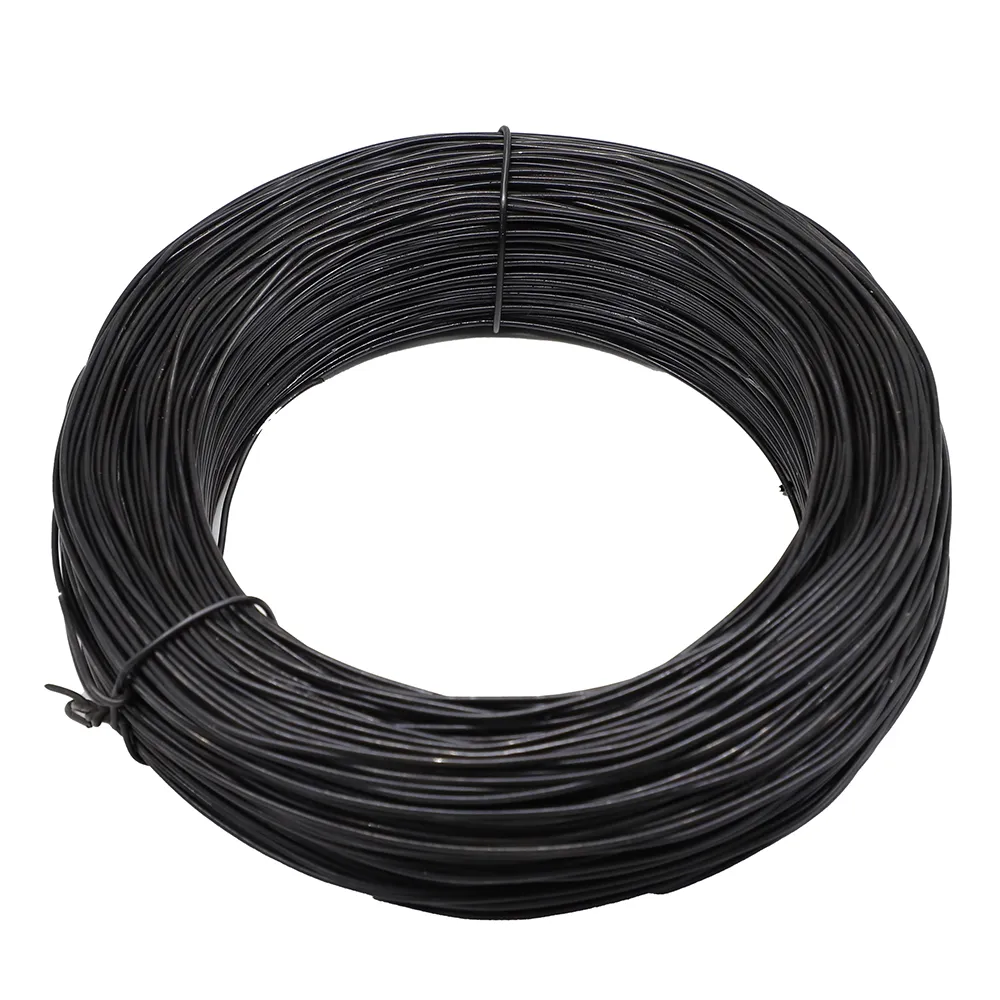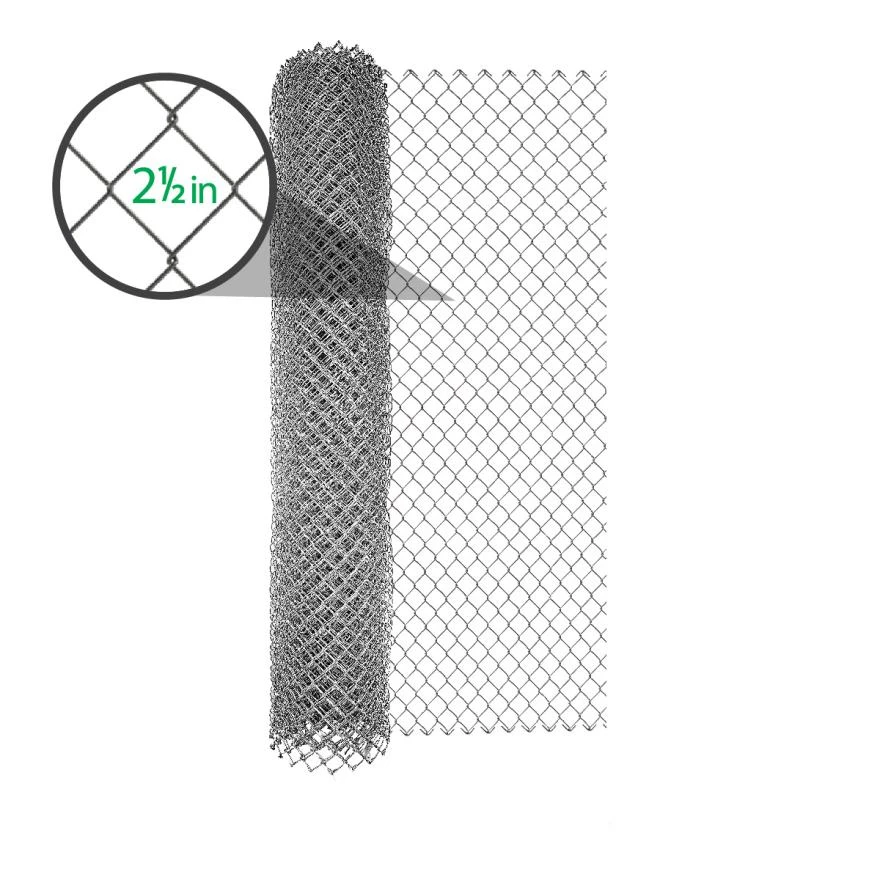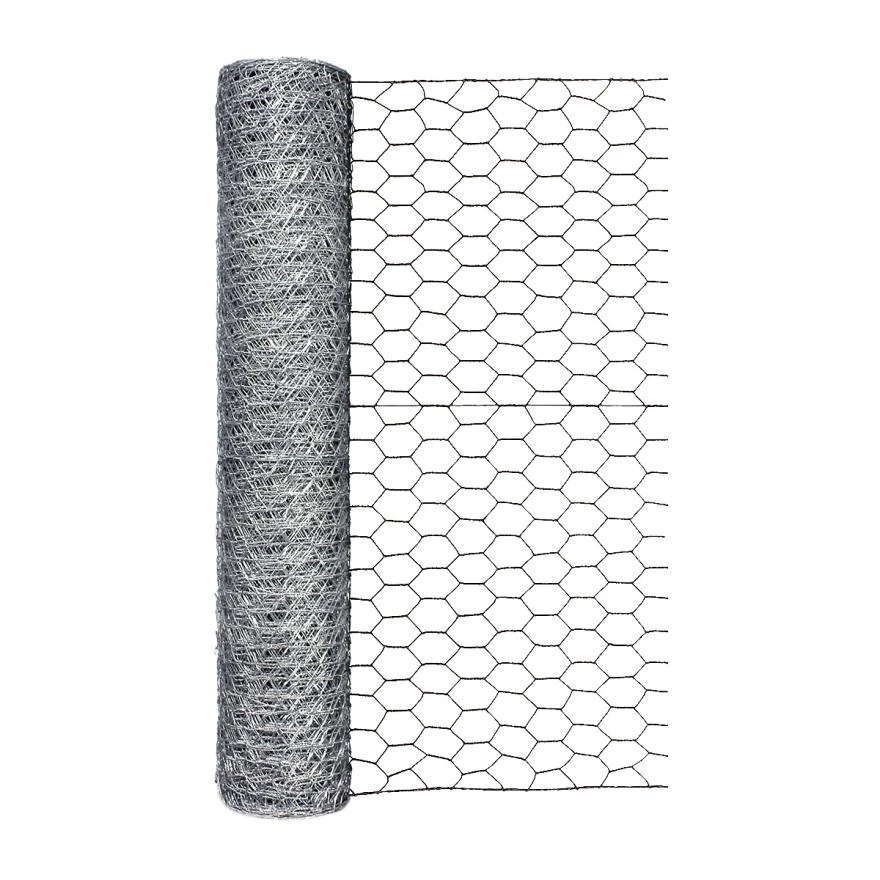Metal Wires: Essential for Construction, Manufacturing, and Beyond
Mai . 13, 2025 09:18
From structural support to electrical conduction and fencing to crafting, fios de metal are a fundamental material across countless industries. Their strength, flexibility, and conductivity make them indispensable in both heavy-duty applications and everyday consumer products.
Whether you're in construction, electronics, agriculture, or retail, understanding how to buy metal wire, evaluate quality, and choose the right metal wire suppliers can impact the performance and cost-effectiveness of your projects. In this guide, we’ll explore types of metal wire, key applications, pricing factors, and how to source smartly.

What Are Metal Wires?
Metal wires are long, thin strands of metal—drawn out into a flexible, cylindrical shape—used for binding, conducting, fencing, reinforcing, or supporting. They’re made by pulling metal rods through dies of progressively smaller sizes until the desired diameter is reached.
Depending on the base material and gauge, metal wire can be soft and pliable or rigid and strong. It can be used bare or coated with zinc, PVC, enamel, or other protective finishes.
Common Types of Metal Wire
When you’re looking to buy metal wire, it’s important to know which type suits your use case. Here are the most common:
1. Steel Wire
High tensile strength, used in construction, fencing, and reinforcement.
Available as galvanized, stainless, or black annealed.
Suitable for heavy-duty applications and outdoor use.
2. Copper Wire
Highly conductive and corrosion-resistant.
Used primarily in electrical and telecommunications systems.
Sold as bare, tinned, or insulated.
3. Fio de alumínio
Lightweight and corrosion-resistant.
Often used in overhead power transmission or lightweight frameworks.
4. Brass and Bronze Wire
Good for decorative or acoustic applications.
Often used in art, jewelry making, or musical instruments.
5. Nichrome and Resistance Wire
Special alloys used in heating elements or high-temperature environments.
6. Binding and Tie Wire
Typically made of soft annealed steel or galvanized iron.
Used to bind rebar, tie fencing, or support plants.
Different metal wire suppliers specialize in certain materials and coatings depending on the industries they serve.
Applications of Metal Wires
Thanks to their adaptability, fios de metal are used in a wide range of industries:
Construction: Binding rebar, tension cables, and ceiling suspensions.
Electrical: Conductor wires in circuits, transformers, and power lines.
Agriculture: Fencing, trellising, and animal pens.
Crafts & Retail: Floral wire, jewelry wire, and sculpture materials.
Automotive & Aerospace: Wire harnesses, safety cables, and control lines.
Embalagem: Twist ties and sealing wires.
With such diverse uses, the demand for high-quality wire products continues to grow globally.
Finding the Right Metal Wire Suppliers
Reliable metal wire suppliers provide more than just materials — they ensure consistency, certification, and timely delivery. Whether you're a contractor, manufacturer, or reseller, choosing the right partner matters.
What to look for:
Material certification (ASTM, ISO, RoHS, etc.)
Consistent diameter and tensile strength
Packaging options (coils, spools, cut-to-length)
Finish choices: galvanized, PVC-coated, tinned, or bare
Lead times and inventory levels
Bulk pricing and MOQ flexibility
How to Buy Metal Wire (Retail & Wholesale)
Whether you need a 10-meter roll for a DIY project or thousands of kilos for a construction site, here’s how to buy metal wire effectively:
Determine the purpose: Know what you're using it for (tension, conductivity, support, etc.).
Choose the material: Steel for strength, copper for conductivity, aluminum for lightness.
Select the right gauge: Wire thickness is critical for strength and flexibility.
Decide on finish/coating: For outdoor or corrosive environments, coated wires last longer.
Specify form: Coils, spools, straightened lengths, or cut-to-order.
Compare suppliers: Check MOQ, delivery timelines, reviews, and support.
For high-volume buyers, consider requesting product samples before placing large orders to verify quality.
Understanding Metal Wire Cost
O metal wire cost depends on several key factors:
Material: Copper wire is generally more expensive than steel or aluminum.
Calibre do fio: Thicker wire costs more per meter.
Finish: Galvanized or coated wire is more expensive than bare wire.
Market prices: Fluctuates with global metal markets (e.g., LME pricing).
Order quantity: Bulk orders significantly lower the per-unit price.
Custom processing: Straightening, cutting, or packaging can add to the price.
Typical price ranges (as of current estimates):
Galvanized steel wire: $500–$900 per metric ton
Copper wire: $6,000–$8,000 per ton (varies with purity and coating)
Aluminum wire: $2,000–$2,800 per ton
Binding/tie wire (small coils): $0.80–$1.50 per kg
Always request up-to-date quotes from multiple metal wire suppliers before committing to a purchase—especially for international orders.
Metal Wire FAQs
Q1: What is the most corrosion-resistant metal wire?
A: Stainless steel and PVC-coated galvanized wires offer excellent corrosion resistance, especially for outdoor or marine environments.
Q2: Can I get custom-length wire from suppliers?
A: Yes. Many metal wire suppliers offer cut-to-length and spool customization for large orders.
Q3: Is it cheaper to buy metal wire in bulk?
A: Absolutely. Buying cheap metal wire supplies in bulk can reduce costs by 20–50% depending on the supplier and volume.
Q4: What’s the difference between galvanized and stainless steel wire?
A: Galvanized steel is zinc-coated for corrosion resistance, while stainless steel is an alloy with built-in resistance, offering better performance in harsh environments.
Q5: Are there eco-friendly or recycled metal wire options?
A: Yes. Some manufacturers offer recycled steel or copper wire that meets environmental standards for green construction or sustainable manufacturing.









 Unidade
Unidade Criação
Criação Desafio
Desafio Contribuição
Contribuição










